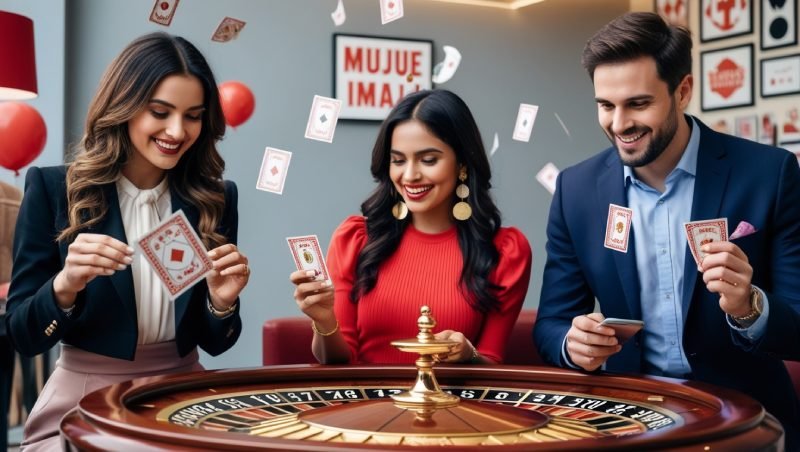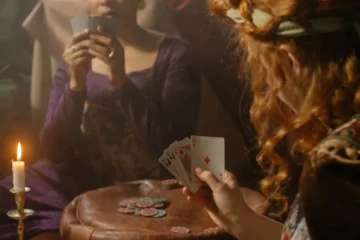Games of chance have long been a staple of entertainment, but their influence extends far beyond casinos and lottery tickets. From fashion trends to social media engagement, randomness and probability shape various aspects of modern life. Whether it’s the thrill of opening a mystery box, the excitement of a giveaway, or the unpredictability of viral content, elements of chance play a key role in shaping consumer behavior.
The Casino Effect on Digital Entertainment
The rise of online casinos has significantly impacted digital entertainment. Platforms like High Roller bring the excitement of traditional gambling to the digital space, making it accessible to players worldwide. This shift has influenced not only gaming culture but also the broader entertainment industry.
For example, the popularity of casino-themed video games, mobile slot apps, and live dealer experiences reflects a growing consumer demand for interactive and immersive digital entertainment. Streaming platforms like Twitch and YouTube have also embraced casino gaming, with influencers and professional gamblers attracting millions of viewers who tune in for high-stakes action.
The Psychology Behind Games of Chance
The appeal of games of chance lies in the psychological principle of intermittent reinforcement—a concept where rewards are given at unpredictable intervals, making the experience more engaging and addictive. This principle is widely used in various entertainment industries:
- Loot Boxes in Video Games – Many popular games, including major franchises, incorporate loot boxes that offer random rewards, mimicking slot machine mechanics.
- Mystery Subscription Boxes – Services that send subscribers surprise items each month capitalize on the excitement of the unknown.
- Social Media Engagement – Algorithms often prioritize content unpredictably, keeping users engaged as they chase the next viral moment.
Research suggests that unpredictability increases dopamine release, making chance-based entertainment highly engaging. Studies on gambling psychology highlight how this principle affects decision-making and consumer behavior.
The Impact on Fashion and Lifestyle Trends
Beyond gaming, randomness has influenced modern lifestyle trends, particularly in fashion and retail. Limited-edition drops, sneaker raffles, and online auctions create an element of chance, encouraging consumers to act quickly and increasing perceived value.
Fashion brands like Supreme and Nike have mastered this approach with randomized product releases, creating hype and exclusivity. Similarly, influencer giveaways and sweepstakes leverage the same principles as gambling—offering consumers a low-risk, high-reward opportunity that fuels engagement.
Responsible Gaming and Ethical Considerations
While games of chance add excitement to entertainment, they also raise ethical concerns, particularly regarding gambling addiction and consumer spending habits. Brands and platforms must strike a balance between engagement and responsibility by promoting ethical gaming practices.
The rise of responsible gambling initiatives and transparency in loot box mechanics reflects a growing awareness of these concerns. Players are encouraged to make informed choices, and some countries have implemented regulations to protect consumers from exploitative chance-based models.
Conclusion
From casinos to social media, fashion, and gaming, the influence of games of chance is undeniable. Whether through online gambling, randomized rewards, or exclusive product drops, elements of luck and probability continue to shape modern entertainment and lifestyle trends. As these trends evolve, the challenge remains in balancing excitement with responsibility, ensuring that randomness enhances experiences without leading to unintended consequences.




